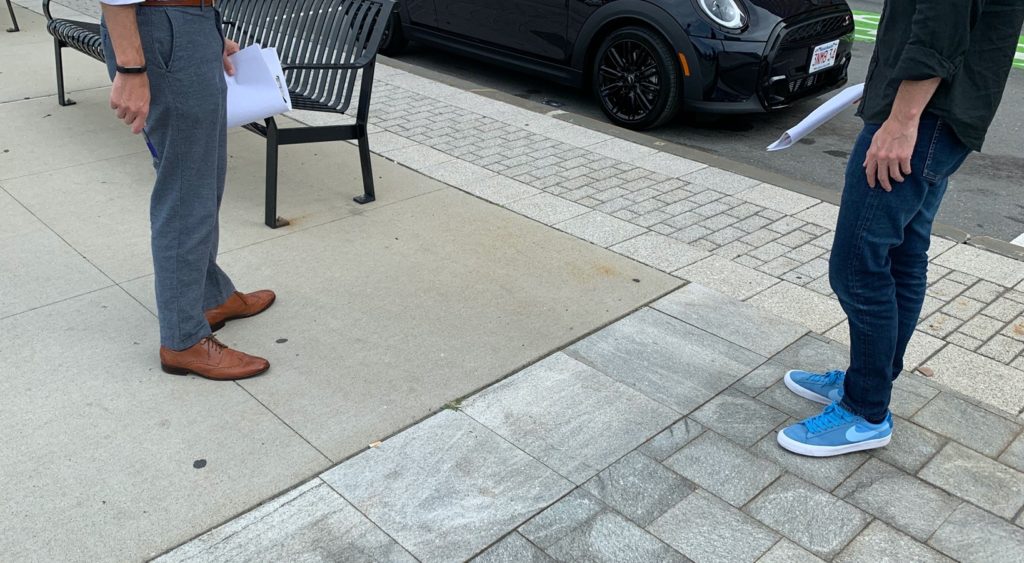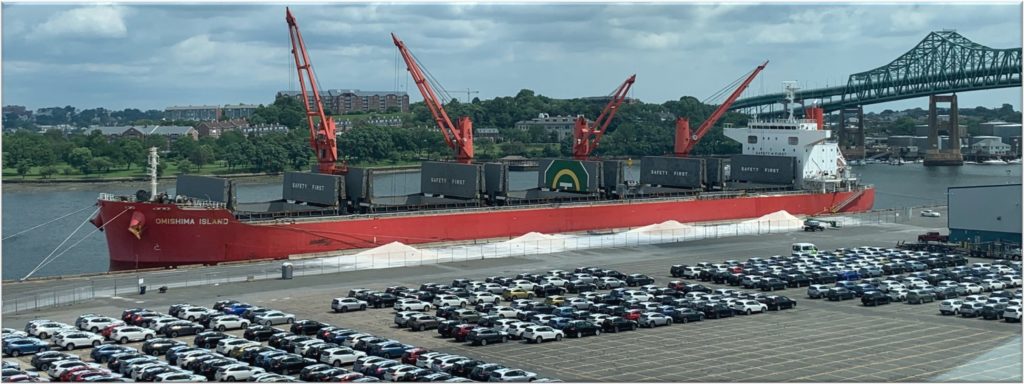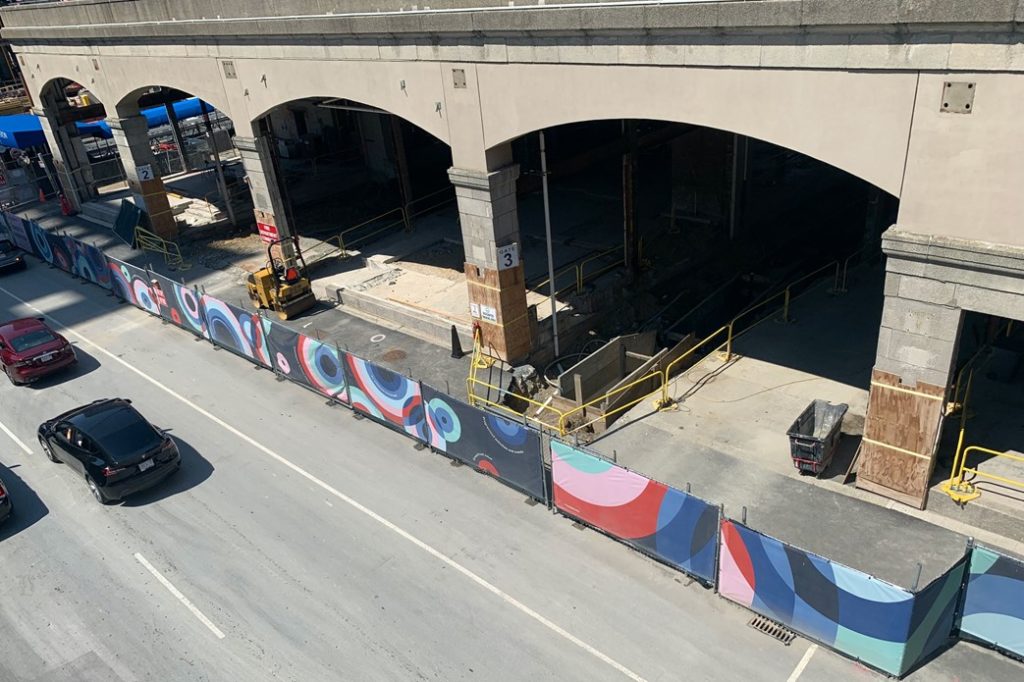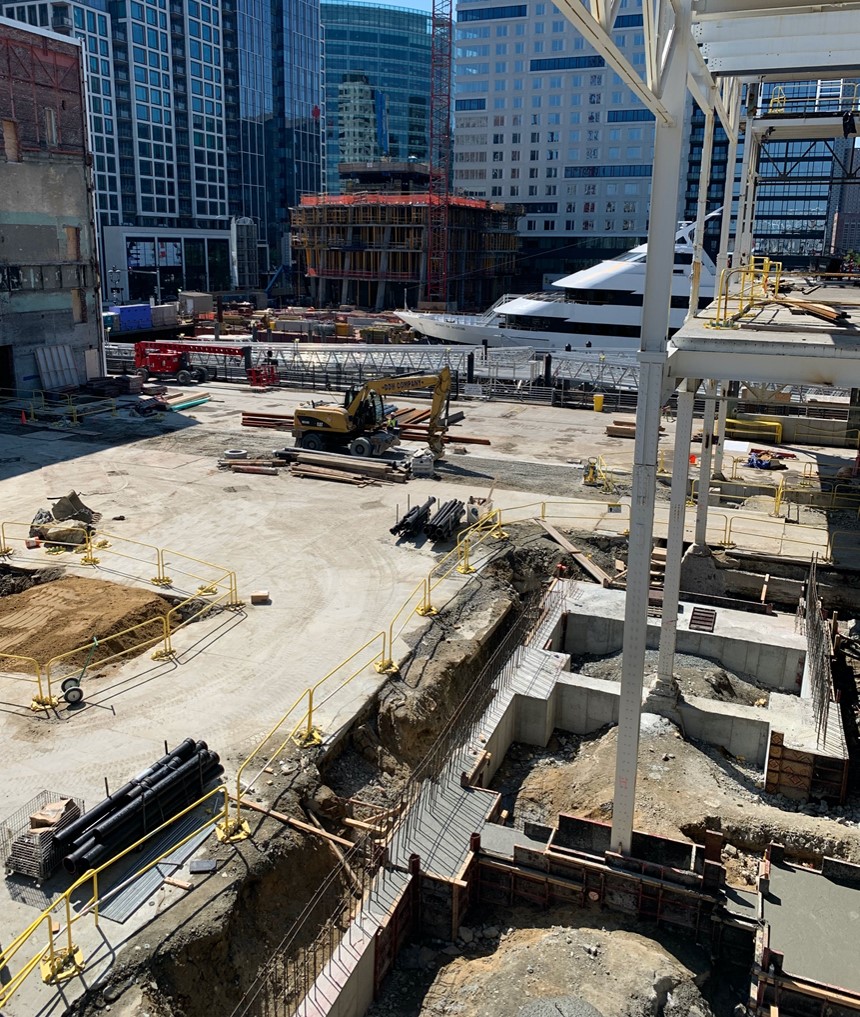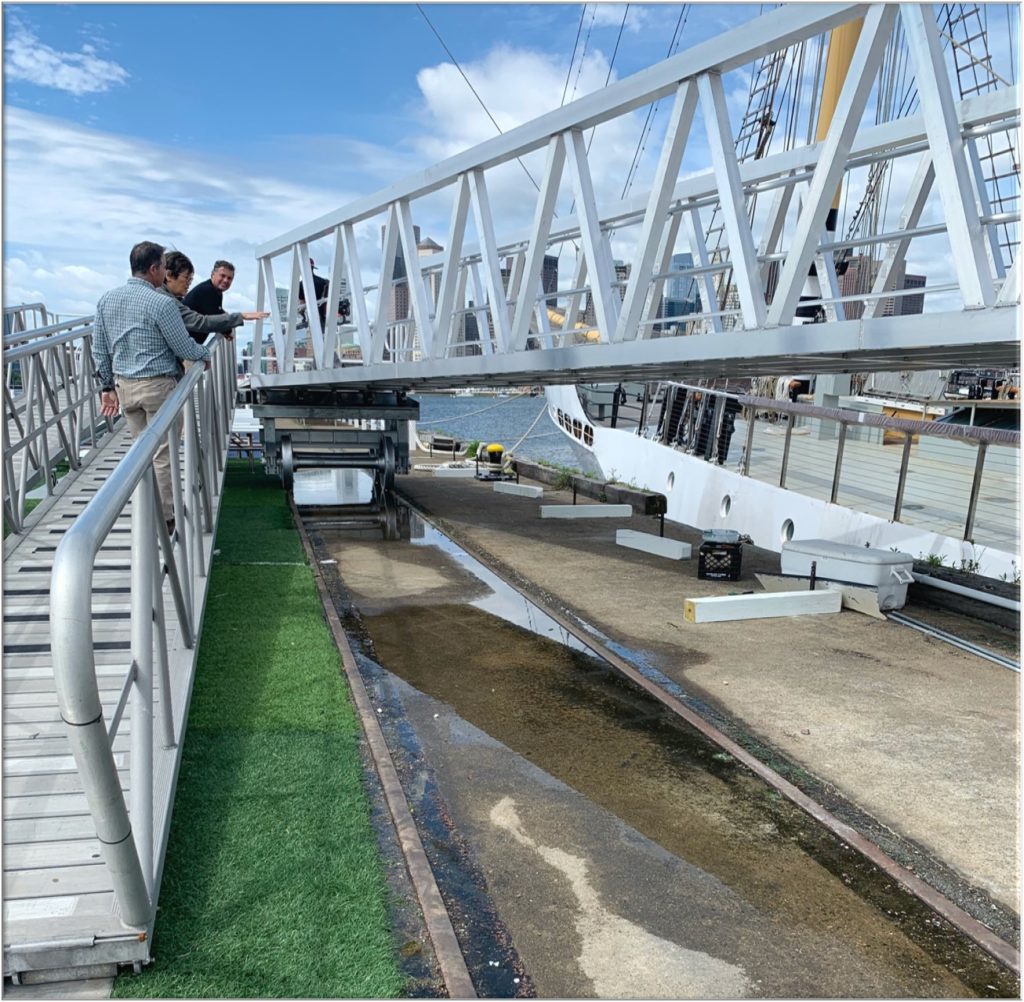How did you find this opportunity?
I learned about the Lowell Richards Fellowship through a blast email that UEP Community Resources sent out mid-January. It is a paid ($5,000+) summer fellowship sponsored by Metro Housing Boston at Massport for urban planning grad students in the Boston area who are considering public service. It was a straightforward application process with 3 short questions (200 words or less), two essay responses (500 words or less), a single letter of recommendation, and your resume. The application was due mid-February (so about a month after I first came across it). After submission, I had a virtual interview with the Metro Housing and Massport teams as well as Karin Richards (Lowell’s wife). I was subsequently offered the Fellowship early March and started around Memorial Day. I worked from the end of May to the end of August, 9-5, Mon.-Fri., at Massport’s office in East Boston by Terminal A. I opted to do it fully in person, while most of the office worked a hybrid schedule. With their office set-up, everyone had their own office with a door.
What does Massport do?
Massport is a quasi-government agency that runs Logan Airport, the Conley Shipping Container Terminal, and various other maritime or aviation related properties. I worked specifically in the Real Estate and Asset Management Division in the Development Department. The development team works with various public and private entities to develop or transform Massport’s unused real estate holdings in East Boston and South Boston. In addition to various residential and commercial (lab/office) uses, they also support maritime industrial uses at the Boston Fish Pier and Massport Marine Terminal (fishing and seafood processing).
What kind of projects did you work on?
During the summer, I worked on various projects in three broad areas: Affordable Housing, Climate Resiliency, and Public Realm.
Affordable Housing: I compiled and coalesced all the various affordability aspects of Massport’s residential properties like bedroom count and area median income (AMI). Under the Inclusionary Development Policy in Boston, residential development must include some affordable units. Some of the residential developments opted to have all the affordable units onsite while others paid a fee to the city to develop affordable units off-site. Commercial developments are also required to pay a fee, called housing linkage, for affordable housing development. I worked with Massport and the city to estimate the number of affordable units created from these fees on Massport land.
Climate Resiliency: I worked with another Massport Division called Capital Programs, to identify potential port adaptations for rising sea levels that do not inhibit port operations. Capital Programs works on emissions reductions throughout Massport and they protect core assets during high water events (tidal or storm related). I also researched potential mitigations for the extreme heat.
Public Realm: Massport is looking to increase public space, access, and amenities along the harbor. They created and maintain East Boston’s Piers Park as well as South Boston Maritime Park. In addition to green space, they are also looking to expand water transportation and add more art and cultural aspects throughout the area. I worked with the development team on an upcoming commercial development’s public realm component. As a part of the development agreement, they will be creating a public park with programming for the public.
What was your favorite part of the Fellowship?
I loved the various site visits! It was great being able to go to different locations and think through problems spatially. A few of the site visits I did are highlighted below.
